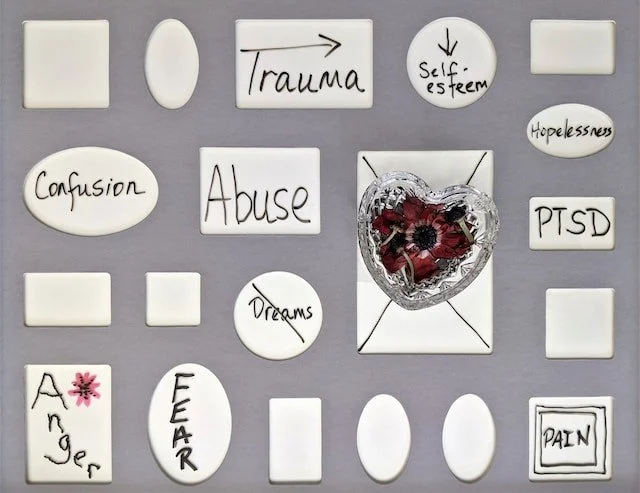Is EMDR Effective if You Can't Remember Trauma?
As many as 7 out of 10 adults have endured at least one traumatic event in their lives. This reality has resulted in a rise in people with post-traumatic stress disorder (PTSD) and complex post-traumatic stress disorder (C-PTSD). However, just because someone is displaying symptoms of trauma doesn’t mean they remember the details of what happened. Such is the paradox of these harrowing and unique experiences.
So, how can someone move toward healing when they don’t remember what was done to them? Fortunately, eye movement desensitization and reprocessing (EMDR) is a popular and effective treatment option that can be utilized in such situations.
Some Basics About Trauma
Your brain is wonderfully designed to store memories in a way that enables you to casually process and recall the experiences of your life. For the trauma survivor, this is not the case. The horrific images associated with the traumatic event get stored in fragments. They are recalled as incomplete memories, and this often happens in an intrusive manner. Hence, trauma causes flashbacks and nightmares. All of this adds up to an inability and unwillingness to resolve negative memories for fear of being severely triggered.
Some Basics About EMDR
EMDR uses hand and eye movements to guide a client into a unique state that allows them to recall traumatic memories without re-experiencing the crisis. A relatively short-term treatment approach, EMDR empowers survivors to safely resolve traumatic memories while replacing them with positive beliefs and images. For anyone who cannot recall painful memories, the process could take a little longer, but it is absolutely possible.
How Can EMDR Be Effective if You Can't Remember Trauma?
Let’s begin with the reality that it is not unusual for a trauma victim to struggle with remembering details and specifics. With that in mind, here are a few fundamental factors to consider:
The EMDR Approach Has Already Factored in This Possibility
Before treatment begins, you will engage with your EMDR therapist to perform a screening. A full medical history is taken, and this is precisely where you will discuss your current inability to recount everything that happened. At this point, it can be immediately addressed and factored into the approach. You will be reminded that this scenario is not rare and should not be a source of shame. It is not your fault.
Adjustments Can and Will Be Made
If it is perceived as necessary, contingency plans will be put into place. For example, once you are in the receptive EMDR state, your therapist may utilize (with your permission, of course) external prompts. This often includes photographs, digital posts, texts and voicemails, and the introduction of sensory input like particular scents.
Perfection Is Never the Goal
Let’s face it, no two people remember a situation in precisely the same way. Therefore, the EMDR process is not meant to discern perfect, total recall. That’s unrealistic and unnecessary. Rather, you’ll work together to patch together enough fragments to form a sharper picture of the traumatic experience. From there, EMDR proceeds as designed.
Regardless of How Much You Remember, You Can Reclaim Your Life After Trauma
Trauma survivors already have enough to deal with. They don’t need to feel guilt or shame over lost memories. Your EMDR therapist will be there to ease you through this treatment protocol with skill and compassion. On the surface, EMDR can be tricky to comprehend. With its hand and eye movements, it’s not what most people expect from therapy. That’s why I invite you to reach out and schedule a free and confidential consultation. We can get to know one another as I familiarize you with the details and benefits of this unique treatment style.

